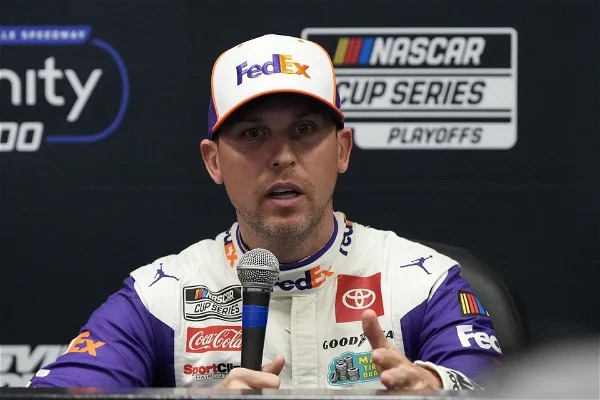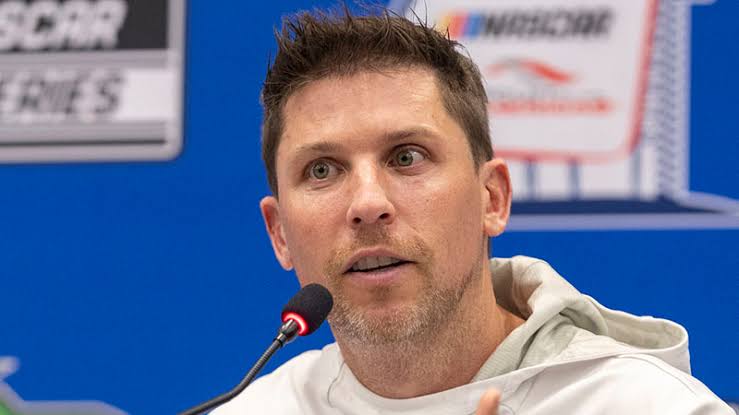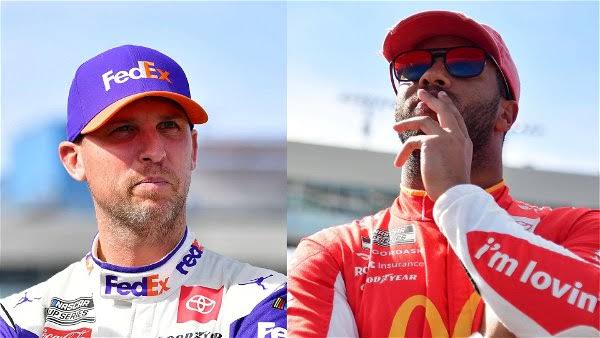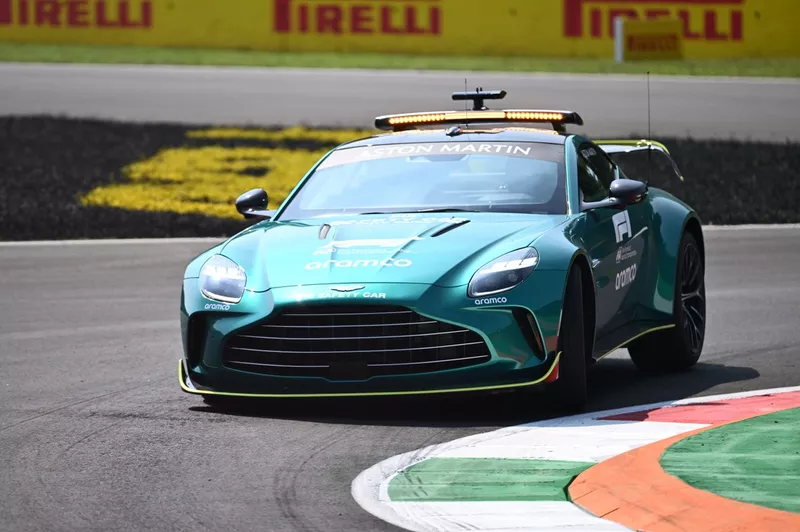
NASCAR is undoubtedly a costly sport. Unlike other sports where athletes rely on physical skill, NASCAR drivers depend on the precise performance of their cars, necessitating significant investment in racecars, engineers, crew members, and more. Recently, NASCAR has exacerbated the financial burden by delaying charter negotiations and denying teams a larger share of revenue, causing anxiety among many teams about their future. Denny Hamlin has been a prominent critic of NASCAR’s actions. Recently, a former Xfinity driver expressed his opinion on the issue, which was not well-received by the NASCAR community.
A former NASCAR driver criticizes Denny Hamlin and others.
NASCAR teams face financial challenges in numerous areas, with significant expenses arising from the Next Gen car. Its parts, sourced from a single supplier, are less durable than previous models, leading to costly replacements. Additionally, the sponsor environment is becoming tougher due to the temporary nature of charters. Unlike the NBA or NFL, NASCAR’s charter system confuses sponsors as it doesn’t guarantee long-term stability. Denny Hamlin and his peers have been advocating for four main demands: increased revenue to support team operations, permanent charters, a say in NASCAR decisions to avoid unexpected cost increases, and a share of revenue from new business deals. However, former Xfinity driver Landon Cassill recently criticized these demands as excessive.
On The Money Lap podcast, Landon Cassill stated, “NASCAR is not making you hire 100 engineers. NASCAR is not making you rent private jets. NASCAR is not making you spend $250k on a pit box.” In response, Denny Hamlin provided a detailed breakdown of costs necessary to remain competitive: “About 8 engineers. No private jet. $13m hard cost. $5m to be competitive.” He sarcastically added that they could cut some aesthetic costs, noting, “We could cut some aesthetic cost; however, have you seen 3/4 of Xfinity garage? Amazing experience that would be for our sponsors.”
Other NASCAR figures also supported Hamlin’s stance. A projection suggests that even top-tier teams like Hendrick Motorsports could be financially crippled in five years if NASCAR does not revise its charter model. Cup Series spotter Brett Griffin criticized Cassill’s view as “borderline ignorance,” arguing that the current system prioritizes money over talent. Brian Murphy, a former Stewart-Haas Racing employee, also supported Hamlin, stating that NASCAR needs to eliminate illogical expenses, as highlighted by Cassill. “This mindset is toxic and unhealthy. NASCAR is the highest form of motorsport in the western hemisphere. Are we ready to downgrade and give up its prestige for fake economical reasons?”
Clearly, the NASCAR community is not receptive to Cassill’s opinion on the charter debate. Denny Hamlin further elaborated, citing his experience with 23XI Racing, which he and Michael Jordan started with limited capital. It costs $18 million to run a Cup Series car before paying the driver, and they initially had two cars. Building a new facility would have cost tens of millions more. They anticipated that NASCAR’s media position would improve, and indeed, NASCAR signed a $7.7 billion media rights deal last November, yet teams received only a small portion of the revenue, with just 30 percent going to the teams.
Hamlin further detailed the costs teams face in response to Cassill’s argument: “First, $18M is just for the car on the track to put on this show each and every week. Seems as though you think it’s excessive. Well, we opened our books to NASCAR to show what exactly that money was spent on and that it was not excessive. You mentioned that anything we make beyond $18M is ‘profit.’ That would be incorrect.”
He emphasized the additional costs necessary to operate a team, including business, marketing, sponsorship, social media, and more. “That all costs a significant amount of money that is above and beyond the numbers listed above. That money is spent not only as a necessity for our team but to GROW the sport through on- and off-the-track activation.”
It is clear that the NASCAR community has a strong argument for their economic demands. Unless a favorable agreement is reached soon between the higher-ups and race teams, this debate will continue.


